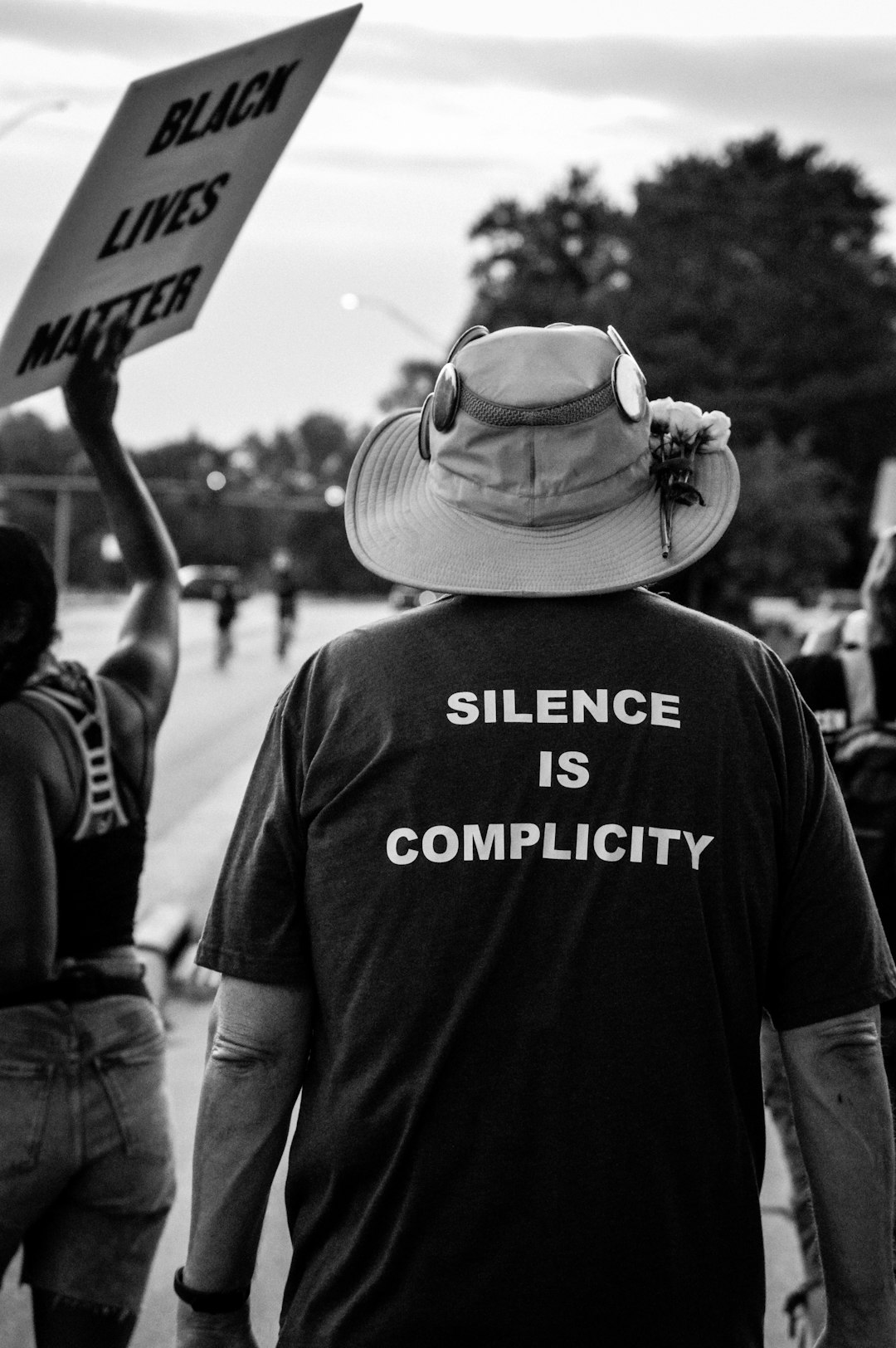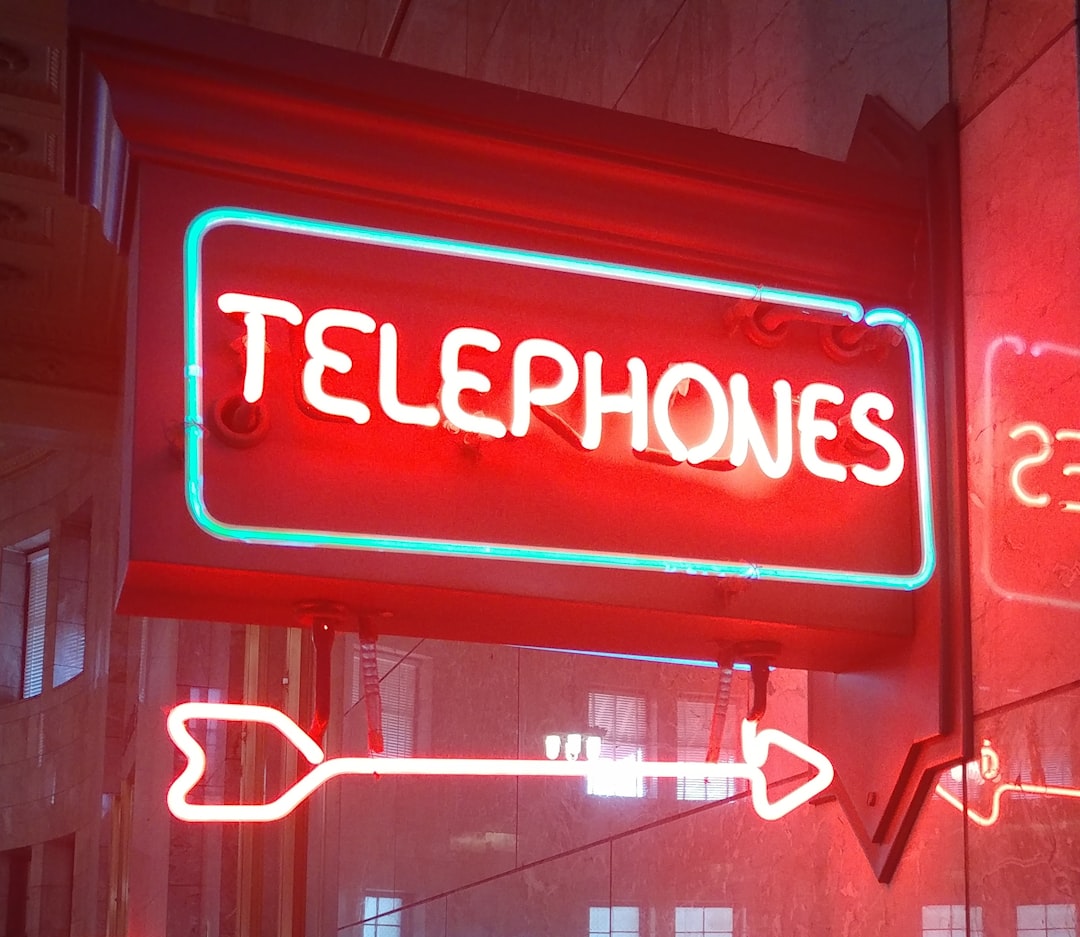Spam call law firm Nebraska tackles unwanted calls with state's comprehensive legislation. The law sets strict rules for telemarketers, prioritizing consent and privacy. St. Paul's, a leading firm, enforces these laws, protecting consumers and creating a peaceful communication environment through advanced tech, staff training, audits, and partnerships.
In today’s digital era, unwanted phone calls, or spam calls, have become a prevalent nuisance, especially with the rise of automated systems targeting consumers across Nebraska. This article delves into the legal perspective surrounding spam calls, focusing on Nebraska’s anti-spam call legislation and how St. Paul plays a pivotal role in protecting residents from these intrusive practices. We explore strategies for law firms to ensure compliance and offer insights into maintaining consumer safety in the face of evolving tactics.
Understanding Spam Calls: A Legal Perspective

In today’s digital era, unwanted calls or spam calls have become a pervasive issue, impacting individuals and businesses alike. These nuisance calls, often originating from automated systems, are designed to promote products or services en masse, sometimes in violation of privacy laws. A Nebraska spam call law firm plays a crucial role in navigating this complex landscape, offering legal expertise to combat such practices.
The Spam Call law in Nebraska is a comprehensive piece of legislation aimed at protecting citizens from aggressive and unsolicited telemarketing tactics. It outlines strict guidelines for businesses engaging in telemarketing activities, ensuring transparency and consumer consent. By employing the services of a specialized law firm, individuals can take proactive measures to stop unwanted calls, seeking legal redress when necessary. This not only helps protect personal privacy but also fosters a fair and competitive business environment.
Nebraska's Anti-Spam Call Legislation

In Nebraska, the fight against unwanted calls has been strengthened by the state’s Anti-Spam Call Legislation. This legislation aims to protect residents from intrusive and nuisance calls, particularly those originating from spam call law firms. The law outlines strict guidelines for telemarketers, limiting their ability to make unsolicited calls and requiring prior consent from recipients.
Penalties for violating this Spam Call law firm Nebraska are significant, reflecting the state’s commitment to maintaining a peaceful and respectful communication environment. This measure not only empowers residents but also ensures that legitimate businesses operate responsibly, distinguishing themselves from aggressive spam call firms that often use deceptive practices.
St. Paul's Role in Protecting Consumers

St. Paul’s plays a pivotal role in safeguarding consumers from unwanted calls, particularly those deemed as spam under Nebraska’s strict telecommunications laws. As a reputable law firm specializing in this area, St. Paul’s attorneys are dedicated to enforcing these regulations and ensuring that individuals’ privacy is respected. They assist clients in understanding their rights and offer robust legal representation against companies violating spam call restrictions.
Through proactive measures and legal expertise, St. Paul’s helps Nebraskans navigate the complex landscape of telecommunications laws. By holding perpetrators accountable, they contribute to a quieter, less intrusive environment for residents, fostering a sense of security and peace in their daily lives.
Strategies for Firm Compliance and Safety

To ensure firm compliance with the Spam Call law in Nebraska, St. Paul’s should implement robust strategies that prioritize safety and respect for clients’ rights. This includes investing in reliable call blocking technology to automatically filter out unwanted calls, ensuring all staff are trained on recognized spam indicators and legal requirements. Regular audits of calling practices and clear communication protocols with clients can further strengthen their stance against spam calls.
Additionally, St. Paul’s could consider integrating a Do-Not-Call list maintained by the Nebraska Public Service Commission. Encouraging clients to opt-in for such lists demonstrates a commitment to minimizing intrusive calls while providing a layer of protection against potential legal repercussions associated with non-compliance. By adopting these measures, St. Paul’s not only upholds ethical standards but also fosters a safer and more respectful communication environment for all parties involved.






